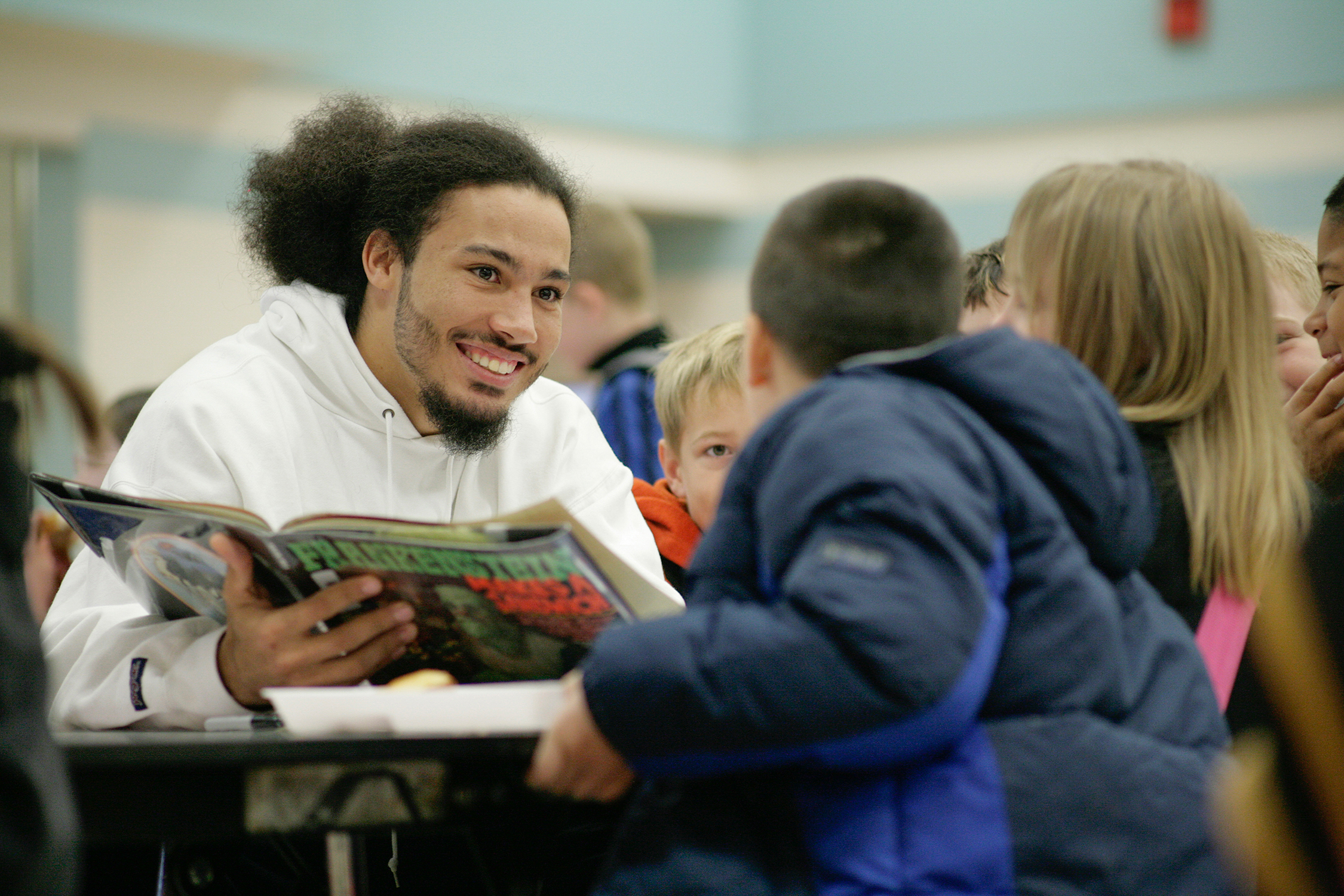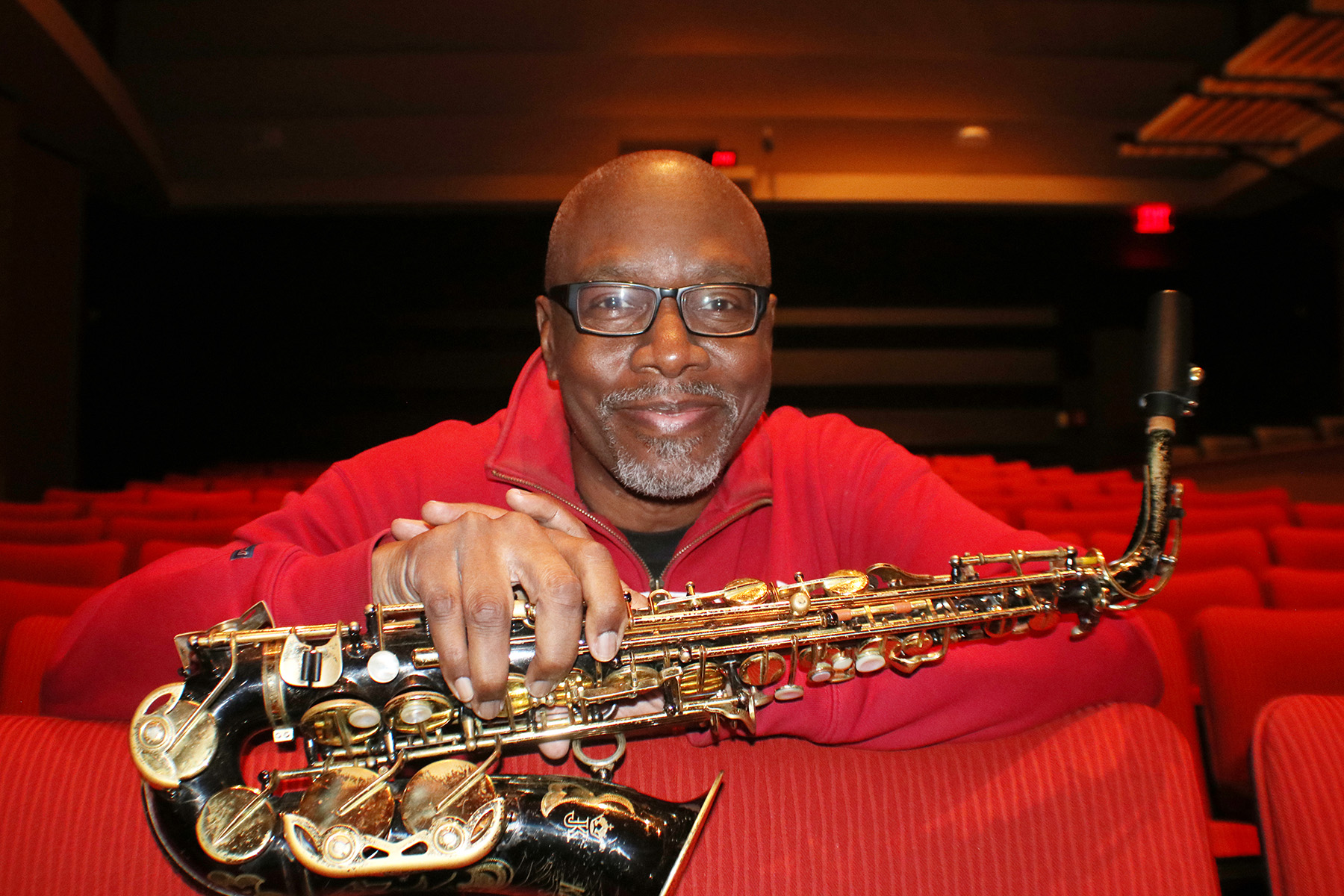
Office of the President
Comprehensive Well-Being
 CWU partners with several local nonprofits to advance the well-being of not just our students, but also our faculty and staff, and the citizens of the Kittitas Valley.We have the opportunity, with additional funding, to elevate those partnerships and provide a more comprehensive service to our community, proactively addressing issues of well-being, rather than waiting until individuals and families experience hardships.
CWU partners with several local nonprofits to advance the well-being of not just our students, but also our faculty and staff, and the citizens of the Kittitas Valley.We have the opportunity, with additional funding, to elevate those partnerships and provide a more comprehensive service to our community, proactively addressing issues of well-being, rather than waiting until individuals and families experience hardships.
This series of initiatives will accent existing partnerships so we can address current needs and develop programs and processes that address future needs. The end result, we hope, will be to mitigate the crises we confront daily, such as food insecurity, housing insecurity, access to mental health services, and more.
-
Food Insecurity
The Hope Center for College, Community, and Justice’s 2020 report found that almost 30% of students at four-year institutions experienced food insecurity during the pandemic. An even larger percentage, 48%, experienced housing insecurity, while 60% experienced insecurity related to at least one basic need. As the report indicates, the ability for a student to learn is greatly compromised in an environment where they face constant uncertainty when trying to meet basic needs.
In recent years, CWU has developed a strong outreach network for students to provide resources that address food insecurity. We have a centrally located food pantry—the Wildcat Pantry—in the library, along with several smaller pantries across campus. We partner with the locally based FISH food bank and with our employees to stock these pantries as we attempt to meet our students’ needs. Through existing programs and additional efforts, CWU plans to expand our outreach, access, and inventory so we can offer other essential items, such as diapers, hygiene products, and professional clothing.
-
Community Counseling and Psychological Assessment Center
Research has shown that the need to effectively address the mental health concerns of the local community and other areas in Washington is critical to achieving a successful future. The mental health providers in Kittitas County are overwhelmed with demand for services, resulting in waitlists of six months or longer. Similar unmet demand is being felt throughout the region and state.
To help address this need, our Community Counseling and Psychological Assessment Center (CCPAC) provides free mental health counseling and psychoeducational services to local residents and CWU students. By providing these vital mental health services to real-world patients, students in our Mental Health Counseling and School Psychology programs receive the training they need to become licensed counselors and school psychologists.
In 2021-2022, the CCPAC expanded its free counseling services by providing short-term, solution-based counseling to children and adolescents in Kittitas County—services that are already in very high demand. Unfortunately, the CCPAC has been forced to reduce its hours of operation due to insufficient staffing—a problem we intend to solve. Providing additional staffing—most notably, a clinical services director, a front-desk office assistant, and graduate assistants— will allow the center to stay open in the evenings and increase availability. With these additional staffing resources, the CCPAC is poised to have a significant impact by addressing the rapidly growing demands for mental health services at the university and in the county.
-
Establishing a Neuroinclusive University Community
With every new year, more students with neurodiverse conditions—including autism, ADHD, and other neurocognitive challenges—are pursuing education and professions beyond high school. As CWU strives to become an even more inclusive destination for all learners, we will develop appropriate infrastructure for these students to succeed at the university level and prepare them to join the workforce. Among the strategies we will explore are:
- Creating supportive pathways for students from neurodiverse backgrounds to transition from high school to the university;
- Providing scaffolding for their success once they are here; and
- Making certain they can connect with the engaged learning opportunities they need to achieve professional success.
One of our overarching goals with this initiative is to develop a comprehensive and intentional program that will expand opportunities for neurodiverse individuals to contribute to society and the economy. As a medium-sized public institution, we have the welcoming environment and supportive structures that can be enhanced as we seek to provide these students with a pathway to success.
CWU News

Online Master’s of Education program now offers special education endorsement
May 15, 2024
by Rune Torgersen

Lenny Price brings Detroit perspective to CWU Jazz
May 15, 2024
by University Relations